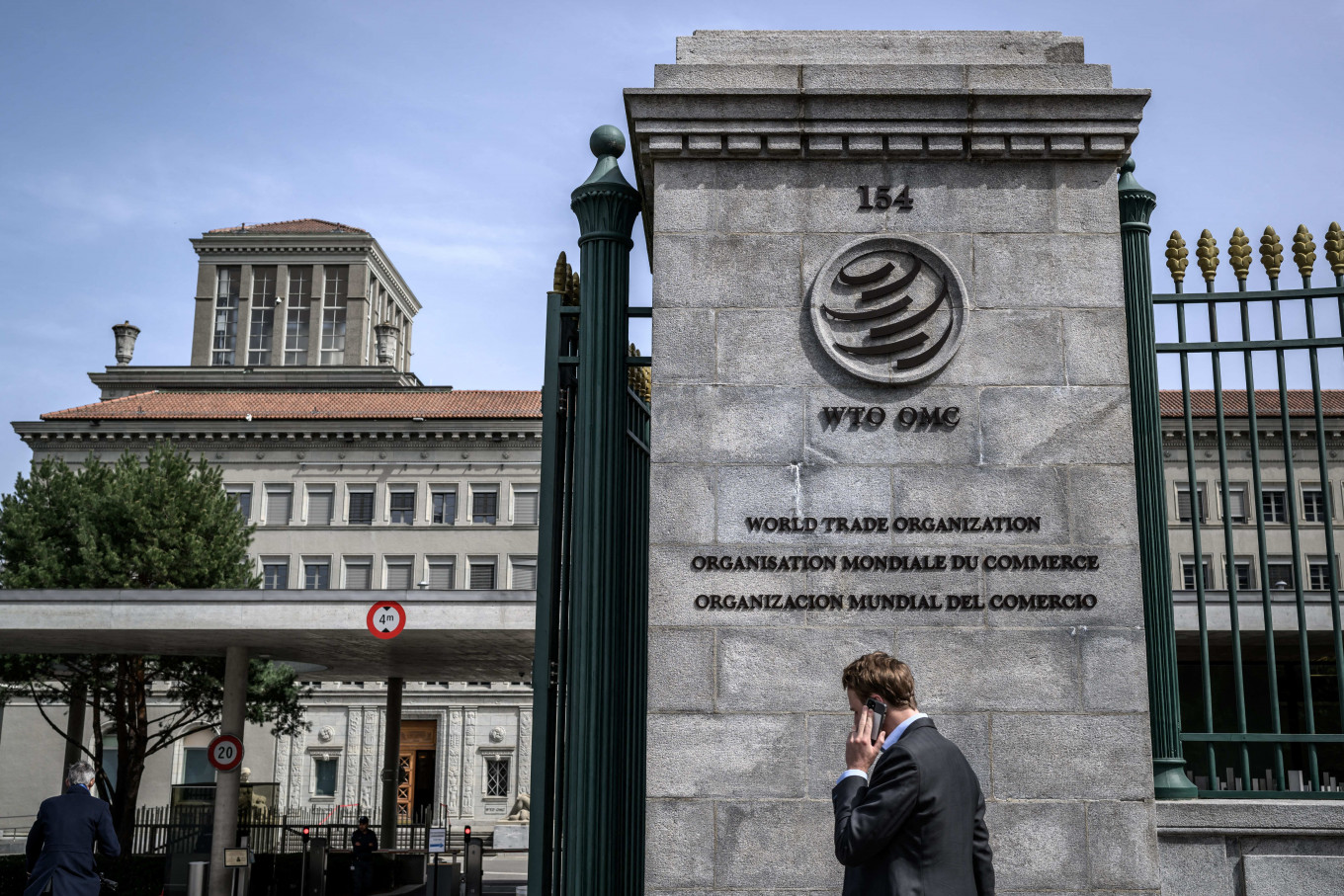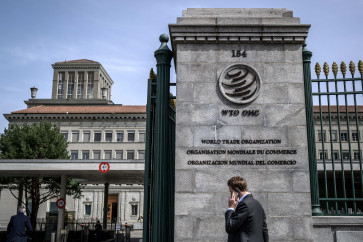Popular Reads
Top Results
Can't find what you're looking for?
View all search resultsPopular Reads
Top Results
Can't find what you're looking for?
View all search resultsLet’s work together for rule-based trade
The world's critical situation will serve to clarify minds and priorities when we enter the final phase of EU-Indonesia FTA negotiations. We should never let a good crisis go to waste.
Change text size
Gift Premium Articles
to Anyone
F
or almost 80 years, the multilateral rule book has been the basis for international trade relations. Under the General Agreement on Tariffs and Trade (GATT) and its successor, the World Trade Organization (WTO), world trade has expanded at an unprecedented rate, contributing to growth and prosperity around the world.
This year, Sweden and Indonesia celebrate 75 years of diplomatic relations. Our countries share a long tradition of support for the rule-based trading system. We both joined the GATT in 1950; Indonesia in February and Sweden in April that year. In 2025, we therefore also celebrate a 75-year-anniversary of GATT/WTO membership together.
In cooperation with other like-minded countries, we have worked to improve and protect the system ever since. It is therefore fitting that we are now close to finalizing a free trade agreement (FTA) between us; in Sweden’s case via the European Union.
Recently, the United States stopped using WTO rules as a point of reference in its trade policy. As a consequence, the rule-based trade that has served us well for many years is under grave threat.
Even if the US does not formally leave the WTO, much damage has been done. If a leading economic power pursues a trade policy where it sees itself as unbound by international commitments, there is a great risk that more countries will take steps away from a rule-based trading system.
Hopefully, this critical situation will serve to clarify minds and priorities when we enter the final phase of European Union-Indonesia FTA negotiations. We should never let a good crisis go to waste.
As we face the risk of a new era of protectionism and unilateralism, a great trade paradox is emerging. Twenty-first century research has uncovered stronger links between trade and productivity than predicted by earlier trade theory, and some of the most important productivity effects materialize through imports. At the same time, tariffs and protectionism are in vogue in the political world.



















